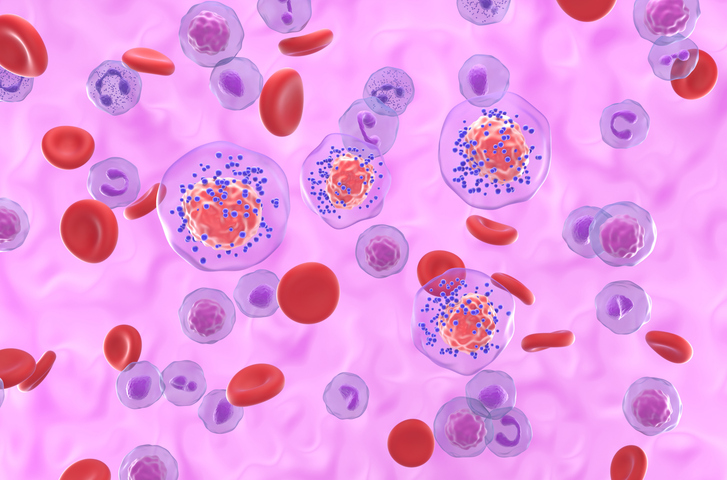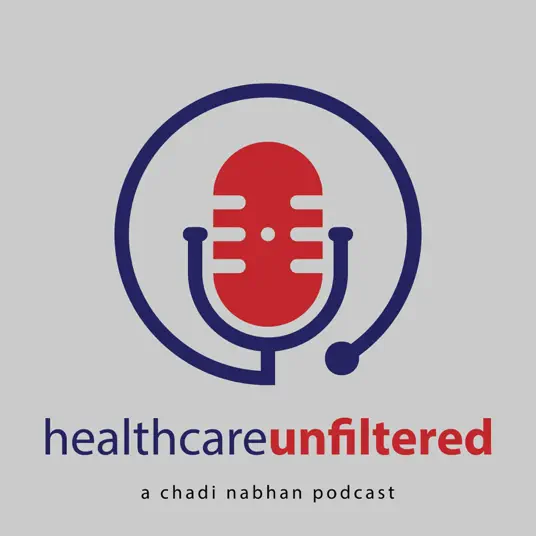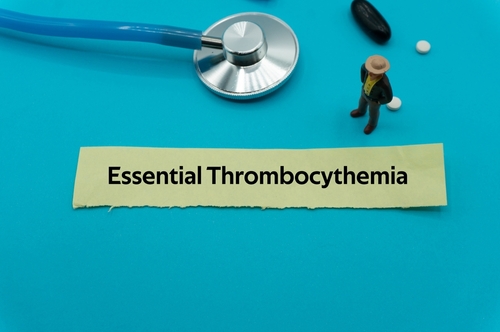Stephanie Graff, MD, Director of Breast Oncology at Brown University and editorial board member for Breast Cancers Today, shares key takeaways from ASCO 2025 across the breast cancer spectrum.
Advertisement
Winners of the 2025 ERA Awards and ERA Awards for Young Investigators were recognized at the 62nd ERA Congress.
Sacituzumab + pembrolizumab improves PFS vs chemo in PD-L1+ TNBC, per ASCENT-04/KEYNOTE-D19 phase 3 trial at ASCO 2025.
Dr. Lustberg discusses DESTINY-Breast09 and the potential shift to T-DXd + pertuzumab in HER2+ mBC first-line treatment.
AI model uses smartphone images to objectively track eczema severity.
Forty-seven genes were linked to patient survival.
Dr. Gradishar discusses how tolerability, toxicity, and NCCN guidelines shape HER2+ breast cancer treatment decisions.
Dr. William Gradishar discusses treatment sequencing strategies for HER2+ metastatic breast cancer at ASCO 2025.
Pain coping skills training demonstrated benefits for patients on maintenance hemodialysis in a randomized clinical trial.
DocWire Content Partners
Powered by DocWire News
The Latest From GI Oncology Now
Suvemcitug, envafolimab, and FOLFIRI may serve as a new second-line treatment option for cold tumors.
KRASG12C inhibitors can have reduced efficacy in patients with alterations in KRAS, EGFR, and other genes.
Complete responders with HCC have prolonged survival and durable disease control even after therapy has been discontinued.
The primary objective of median PFS was significantly longer for patients treated with 177Lu-edotreotide.
The safety profile of the combination was consistent with known profiles, and no new safety findings were observed.
Older patients in their 70s with extrahepatic CCA have a higher rate of choledocholithiasis.
The Latest From Heme Today
MANIFEST-2 compares pelabresib plus ruxolitinib with placebo plus ruxolitinib for JAK-inhibitor-naive disease.
In a phase 3 study, patients who received recombinant ADAMTS13 did not experience acute TTP events during prophylaxis.
Iron deficiency anemia was associated with 39% increased odds of stroke, independent of the risk factors for stroke.
While cytoreductive drugs did not reduce thrombosis risk, interferon significantly improved myelofibrosis-free survival.
A preclinical mouse study showed hemostasis restoration, as well as use for active bleeding and internal bleeding prevention.
A novel complement-targeting agent shows impressive efficacy and safety without immunosuppression of the classical pathway.





































 © 2025 Mashup Media, LLC, a Formedics Property. All Rights Reserved.
© 2025 Mashup Media, LLC, a Formedics Property. All Rights Reserved.